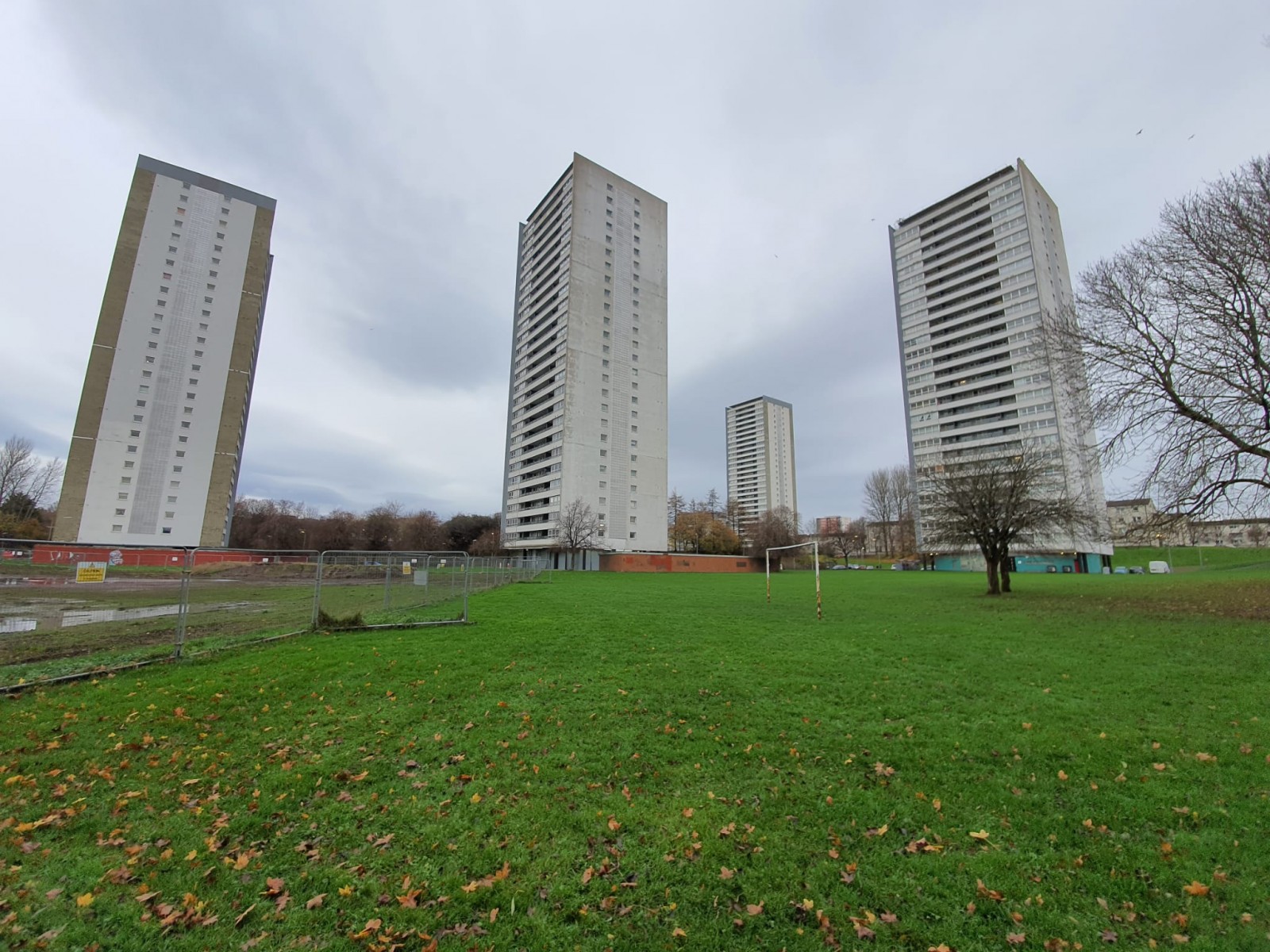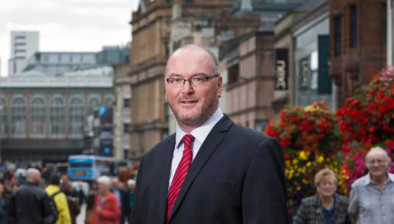Legal ruling that no EIA needed for Wyndford tower blocks demolition upheld

The Inner House of the Court of Session has refused an appeal against a lord ordinary’s decision to refuse to reduce a decision of Glasgow City Council not to conduct an Environmental Impact Assessment in respect of the demolition of four tower blocks in Maryhill.
Petitioner and reclaimer Caz Rae, who lived near the Wyndford Estate, had successfully challenged a previous determination by the respondent that an EIA was not required, but did not succeed in her challenge of the second determination. Wheatley Homes Glasgow Ltd, who managed the tower blocks, appeared as an interested party.
The appeal was heard by the Lord President, Lord Carloway, along with Lord Malcolm and Lord Pentland. MacGregor KC and Deans, advocate, appeared for the petitioner, Burnet KC and Colquhoun, advocate, for the respondents, and JDC Findlay KC and Dunlop, advocate, for the interested party.
Of no practical moment
In February 2022, the Glasgow Housing Association, now Wheatley Homes Glasgow Ltd, decided to demolish a group of four 26-storey tower blocks on the Wyndford Estate, containing around 600 flats, with the intention of replacing them with new buildings as part of a £100 million regeneration scheme. Historic Environment Scotland refused a listing request for the buildings in January 2023, having determined they were not of special architectural or historic interest.
An initial screening option by the respondents in March 2023 determined that an EIA was not required, the petitioner successfully challenged that determination by judicial review on the ground of inadequate reasoning. A second screening opinion was issued in October 2023 and again challenged by the petitioner. However, while the lord ordinary held that the second screening opinion was based on an error of law, he declined to reduce it because application of the correct legal test would have produced the same result.
In coming to this conclusion, the lord ordinary held that the respondents’ use of the words “significant adverse effect” on the environment, as opposed to the “significant effects” criterion set out in the Town and Country Planning (Environmental Impact Assessment) (Scotland) Regulations 2017, was an error. However, there was insufficient material to permit the court to conclude that the respondents’ view was irrational, and no member of the public had been deprived of access to information or participation in decision-making.
For the petitioner it was submitted that the lord ordinary erred in relying on a case, R (Finch) v Surrey CC (2024) which was decided after the substantive hearing in the petitioner and upon which he had not been addressed. There was also a logical contradiction in the lord ordinary stating that it was an error to consider only adverse effects but then to fail to grant reduction on the basis that, in practical terms, only adverse effects were important.
Counsel for the respondents replied that none of the passages from Finch used by the lord ordinary had changed the law in relation to EIAs. He had used the case because it was the most recent relevant authority and summarised the existing law in the most straightforward fashion. The respondents’ error was real, but of no practical moment, and it was open to the lord ordinary to exercise his discretion not to award reduction.
No material error
Delivering the opinion of the court, Lord Carloway said of the use of the Finch case: “If a judge chances upon an authority which contradicts the submissions already made, the proper course is to afford the parties an opportunity to comment upon it. However, he is not bound to do so. It is only necessary if fairness dictates that course.”
He continued: “The fact that the judge does not request additional submissions does not vitiate the decision. If, as here, the new authority simply summarises or repeats what has already appeared from the cases cited, there is no need to put parties to the trouble and expense of making additional submissions.”
Disagreeing with the lord ordinary’s finding that there had been an error in law, Lord Carloway explained: “The Regulations cannot have been designed to require an EIA of a development which has no adverse effects. In these circumstances, the respondents’ decision, which was in line with the Scottish Government’s circular, that there did not require to be an EIA because there were no significant adverse effects, did not constitute an error of law. If, as the respondents determined, there were no significant adverse effects, there was no need to have an EIA on the basis that there were nevertheless positive significant effects.”
He concluded: “There is no need to go on to consider whether the Lord Ordinary was correct to refuse to grant decree of reduction because the same result would have followed (although upon his hypothesis of error of law, he was entitled to take that view in the circumstances). There was no material error of law to justify such a decree.”
The petitioner’s pleas-in-law were therefore repelled, with the reclaiming motion in effect refused.
























